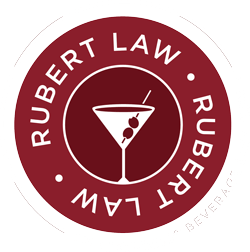Many businesses that sell alcohol rely on their liquor, beer and wine sales for a significant portion of their revenue. Whether you operate a restaurant that serves cocktails along with meals or a grocery store licensed for the retail sale of alcohol, customers buying alcohol may account for a significant portion of your sales.
In theory, Florida law permits you to deliver the alcohol that you have the license to sell to others in certain situations.
What restrictions apply to your right to deliver alcohol to customers?
The vehicles used must belong to you or be leased in your name
In most cases, the only way you can legally deliver alcohol to customers when they place an order for delivery is in a fleet vehicle maintained by your business. However, if you have a contract with a third-party service provider, their independent vehicles may also be an option. The vehicles that you use to deliver alcohol must always be available for state inspection.
Food providers can deliver now, but not forever
Under Florida law, neither restaurants with liquor licenses nor breweries can deliver alcohol to consumers. However, for over a year, businesses with a Specialty Food Service license have had the right to deliver drinks along with meals under a state emergency order.
This special exemption can help companies keep revenue high for the immediate future, but the potential end of this option should factor into your plans and budget for your business.
You need to know all the rules that apply to a business selling alcohol if you intend to maintain your licensing. Learning more about alcohol laws in Florida can help you comply with them while maximizing your profits.
